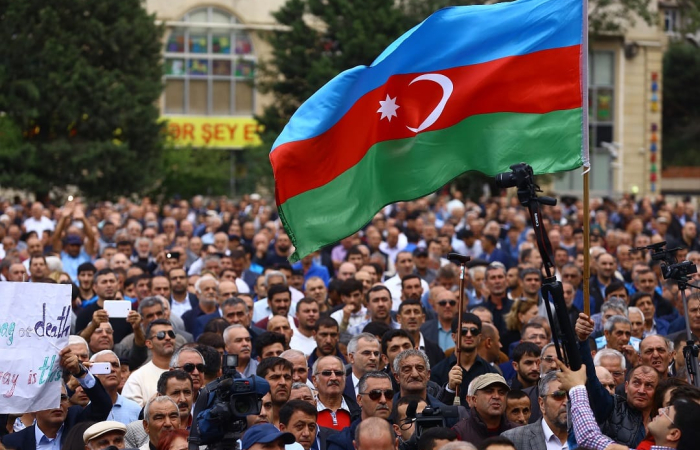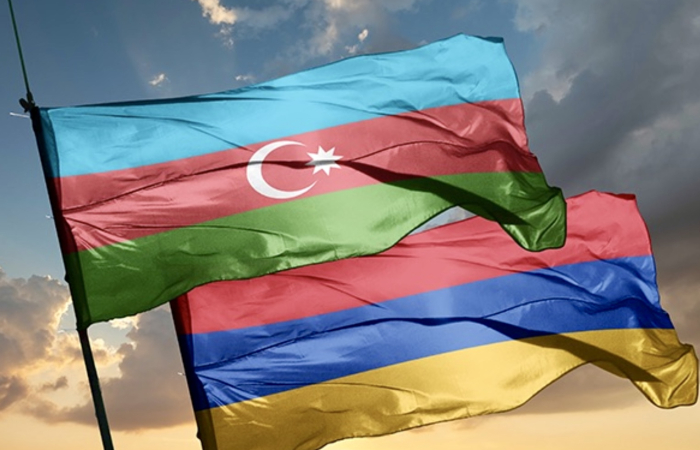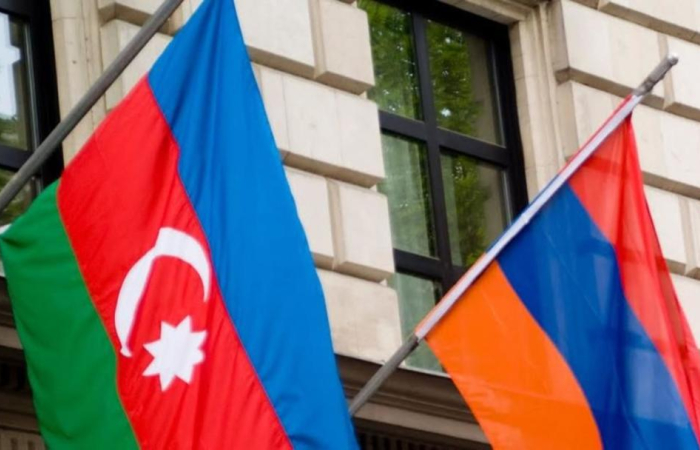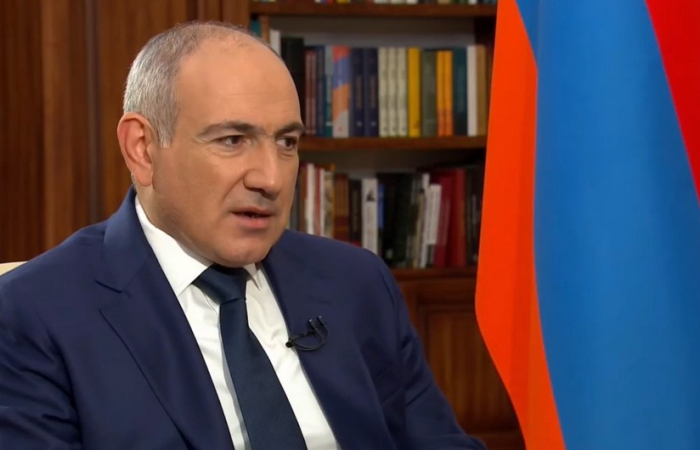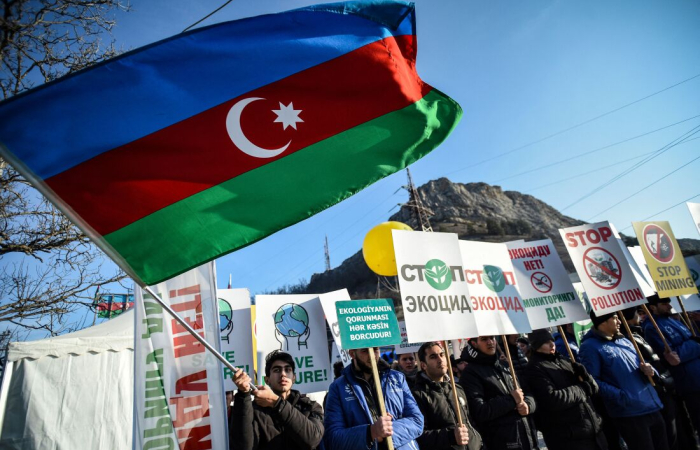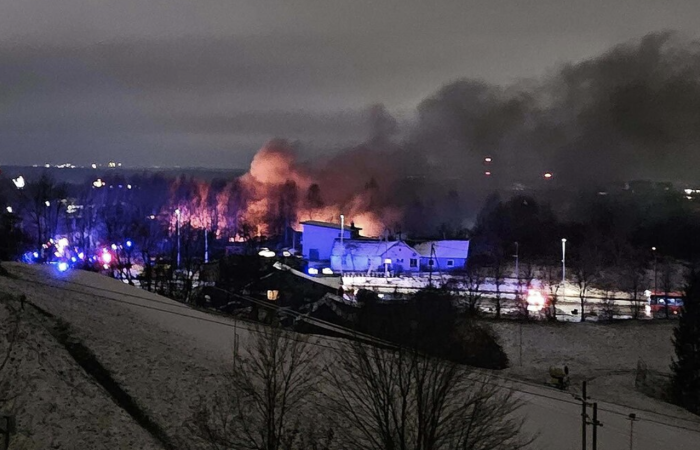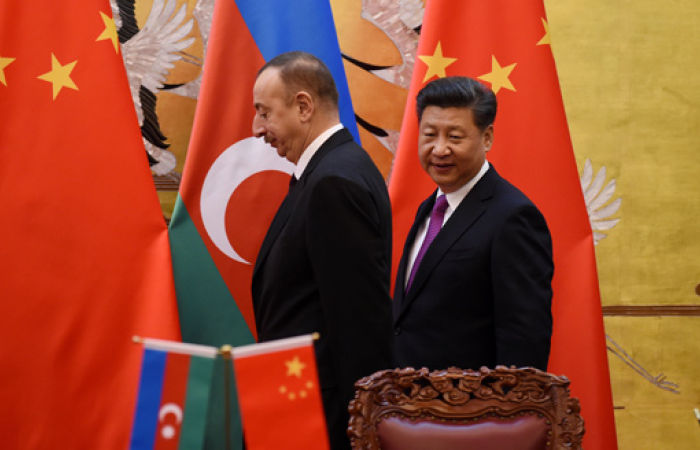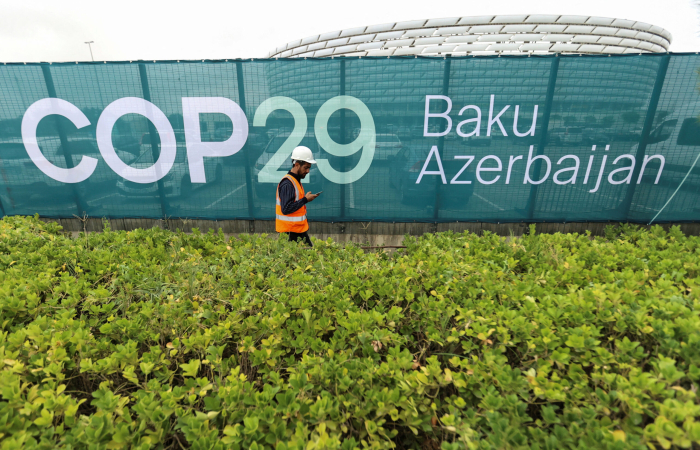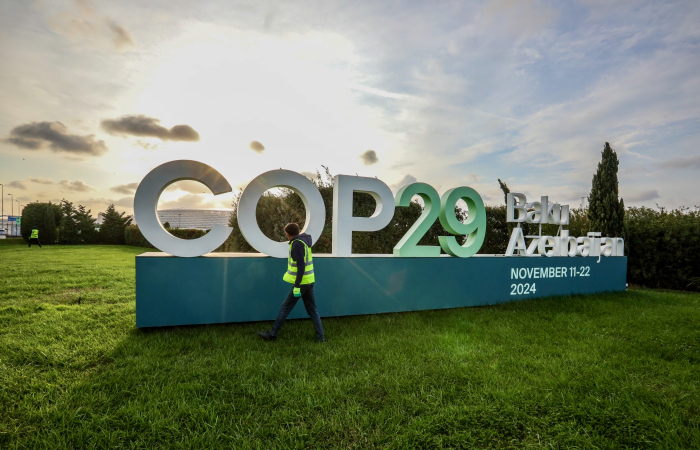Trending
Opinion: The Armenia-Azerbaijan Conflict Has Changed. So Must Civil Society
30 November 2024
Four years after the Second Karabakh War, civil society initiatives between Armenian and Azerbaijan remain arguably less impactful than ever before. On the surface, they appear few and far between, but many are often held in secret. The reason given is often security but that argument is no longer as credible as it was before. Indeed, nearly all projects that do exist remain largely untouched and unhindered. Instead, mirroring the situation before 2020, many Armenian practitioners refused to meet with their Azerbaijani counterparts, especially while Baku still held prisoners and other detainees from the war. That number is significantly less now. Time has passed and there may finally be the realisation that dialogue is the only way forward.



